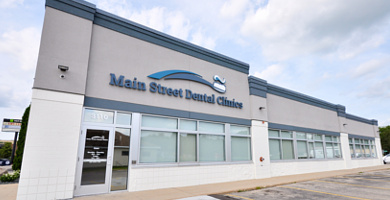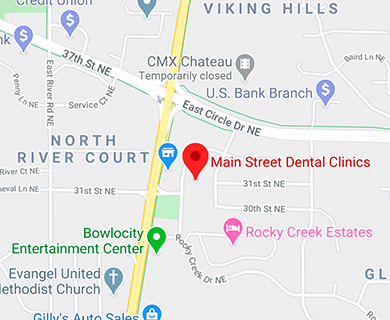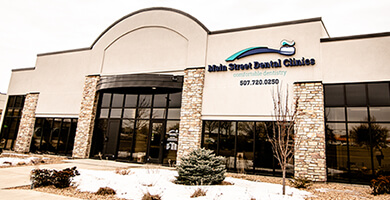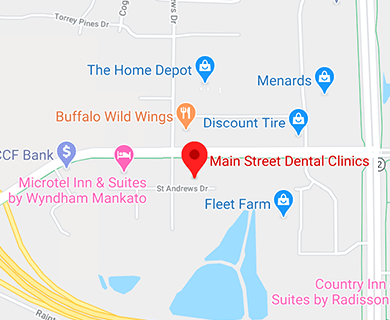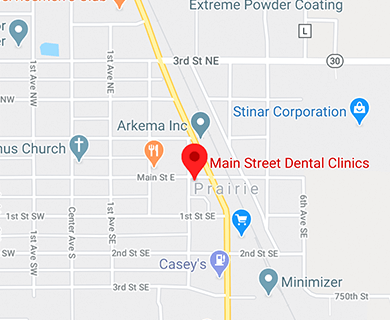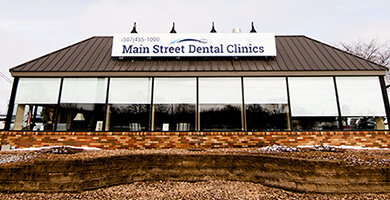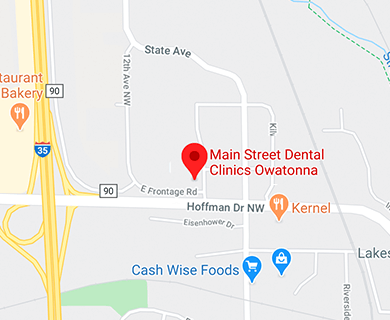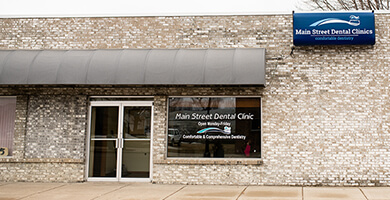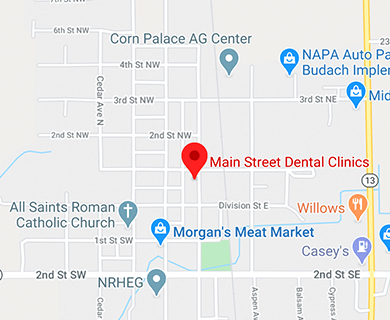Fifty-eight percent of Americans visit the dentist at least once a year. The bulk of these will have some kind of insurance plan, which covers some (or all) of the costs associated with dental treatment.
Dental insurance, however, can be complicated. There are deductibles, co-pays, and co-insurance. How much do you need to pay? What's covered in your plan? Where do you get your plan? This blog will answer these questions and provide you with all the information you need to know about dental insurance.
Why Do You Need Insurance?
Dental work can be expensive. Even a check-up can set you back around $300. Sure, this covers your exam, x-rays, and, perhaps, a cleaning, but finding this money every 6 months or so can be difficult. Dental insurance works in a similar way to other types of insurance, like car insurance. In simple terms, you make a "claim" on your dental insurance when you go to the dentist for a check-up or require specialist or emergency treatment. You will pay insurance premiums every month. Nearly every dentist in the United States accepts dental insurance.
How Does It Work?
There are various dental insurance plans on the market. Like you would do with car insurance or home insurance, you will need to find the best financial products based on your specific budget and circumstances. Dental insurance plans can vary considerably, so it's a good idea to do your homework and read all the fine print. Find out what's covered in your plan and talk to the insurer about how much it will cost you. You can usually apply for insurance plans online and receive your insurance documents via email.
What's Covered?
The majority of dental plans will cover preventative care, like cleanings and x-rays. These services, usually, won't require any additional cost. Other services, such as gum disease treatment, fillings, and extractions, might require additional expenses, depending on the insurance plan. These are known as "out-of-pocket expenses."
Does Your Employer Have Dental Insurance Plans?
Some companies offer dental insurance plans to their employees. This is a great way of getting the dental coverage you need for no additional cost. Again, there will be restrictions when it comes to "free" treatment and out-of-pocket expenses. Research suggests that 77 percent of Americans have dental benefits, usually from their employer. However, many people are unaware that they have these benefits or never use them.
Different Types of Dental Coverage
There are three main types of dental coverage in the US:
A Dental Health Maintenance Organization, or DHMO, provides you with access to various dentists that accept your insurance. Depending on the service, you won't pay any fees at all. However, you might not be able to visit a dentist who is not part of the insurance company's network. If you do, you could incur additional costs.
A Preferred Provider Organization, or PPO, also provides you with a list of dentists that accept your insurance. You can visit dentists who are not on this list, but expect to pay more in out-of-pocket costs.
A discount or referral dental plan provides you with discounts on dental services from a list of dentists. You won't receive any free services, but you will get discounts on dental care and treatments.
Understanding Dental Insurance Billing
When you visit the dentist for a check-up or other service, you will be billed at the end of the treatment. If you don't have to pay anything for the service because of your insurance plan, you will just need to sign the relevant documents. If you need to pay for the service, the dentist's office will bill you.
How Much are Premiums?
This all depends on the service you choose. Some dental plans will set you back around $200 a month, but the majority are far less expensive. You will need to pay premiums, however, even if you never visit the dentist.
"The monthly premiums will depend on the insurance company, your location, and the plan you choose," says Investopedia. "For many people, the monthly premium will be around $50 a month. This means that you're spending $600 on dental costs each year even if you don't get any work done."
Dental insurance doesn't have to be complicated. Follow the tips above and you can find a cost-effective plan that caters to your budget. Do your research and find the right dental plan that suits you.
Call us today to schedule a consultation or check-up. We’re happy to help you and your family on the road to better dental health!


